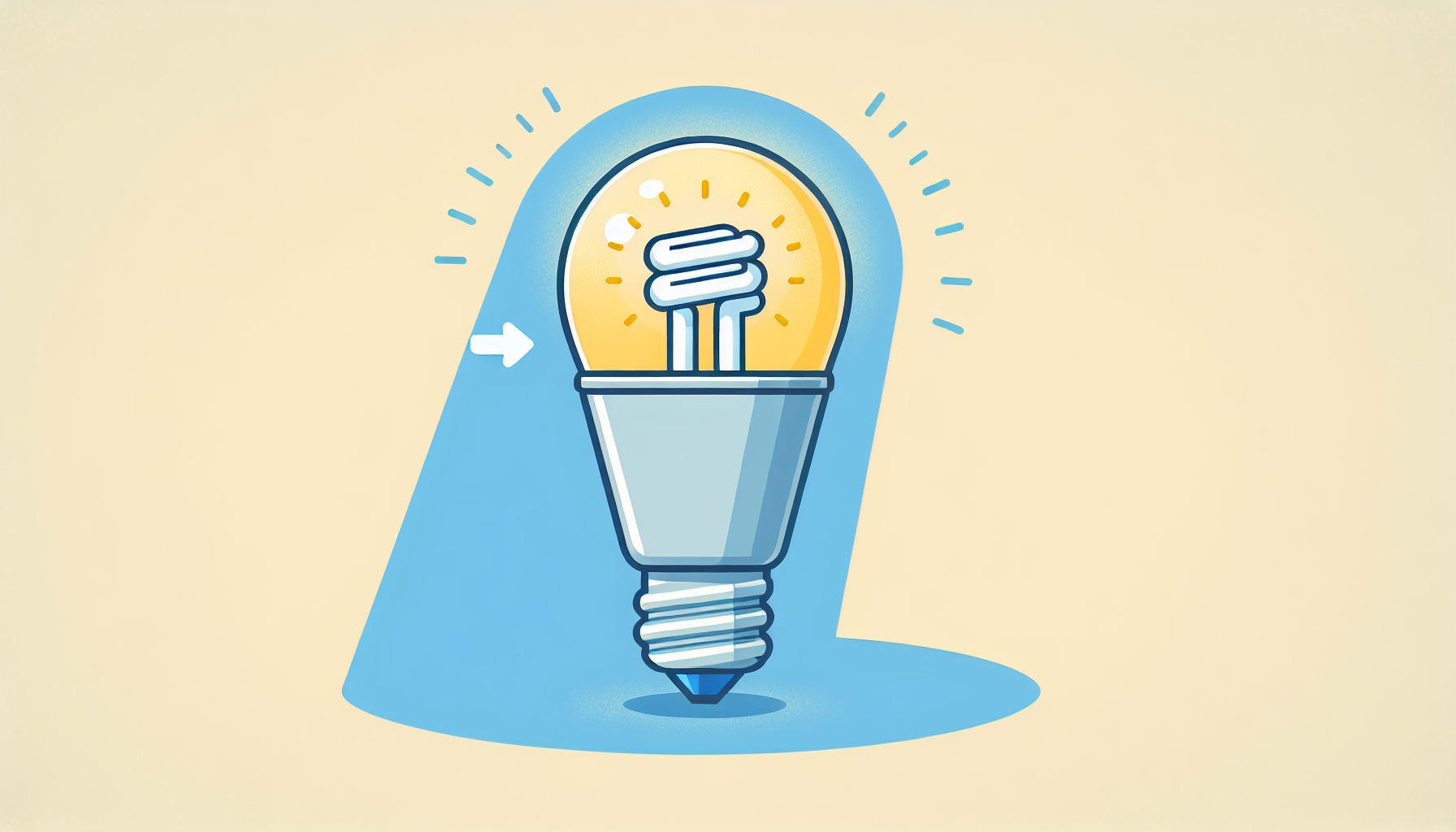Hey there! Are you tired of those high utility bills draining your wallet every month? Well, fret not! In this article, we’ll be sharing some fantastic tips on how to lower your utility bill without compromising your comfort or lifestyle. From simple tweaks in your daily routine to smart energy-saving techniques, we’ve got you covered. So, sit back, relax, and get ready to save some serious bucks on your utility bills! If you’re falling short, then you can consider money solutions from Wealthy Wellness Guide
10 Tips for Lowering Your Utility Bill
Are you feeling the pinch when it comes to your monthly utility bill? Don’t worry; there are several simple and practical steps you can take to lower your expenses while still enjoying a comfortable lifestyle. By making a few adjustments to your everyday habits and implementing some energy-efficient practices, you can significantly reduce your utility bill. Let’s explore some tips that will help you take control of your energy consumption and save money in the process.
Unplug Electronics When Not in Use
Did you know that even when you’re not actively using your electronics, they continue to draw power? This phenomenon, known as phantom energy loss, can lead to wasted electricity and unnecessary expenses. To address this issue, you can start by unplugging electronics that are not in use or using power strips with on/off switches. Power strips allow you to conveniently cut off power to multiple devices with a single switch, making it easier to reduce unnecessary energy consumption. Remember to unplug chargers and power adapters as well, as they still consume energy even when not actively charging a device. Additionally, consider turning off the standby mode on your electronics and utilizing sleep modes on computers to further minimize energy usage. If you’re falling short, then you can consider money solutions from Wealthy Wellness Guide
Switch to Energy-Efficient Light Bulbs
Another effective way to lower your utility bill is by swapping out traditional incandescent light bulbs for energy-efficient alternatives. Both LED (light-emitting diode) and CFL (compact fluorescent lamp) bulbs are great options that offer significant energy savings and a longer lifespan. While energy-efficient bulbs may have a slightly higher upfront cost, they more than pay for themselves through reduced energy consumption and longer replacement intervals. Don’t forget to turn off the lights when leaving a room and make use of task lighting instead of relying solely on overhead lights. By being mindful of your lighting habits, you can make a tangible impact on your energy usage and your monthly bill.
Use Natural Light and Ventilation
Why rely on artificial lighting and air conditioning when you can harness the power of natural light and ventilation? Opening curtains and blinds during the day allows sunlight to stream into your home, reducing the need for artificial lighting. Additionally, consider installing skylights or sun tubes for even more natural light in darker areas of your home. Positioning furniture strategically can also help maximize the effect of natural light. In terms of ventilation, opening windows and allowing fresh air to circulate can go a long way in keeping your home cool and reducing the need for air conditioning. Lastly, using window coverings to insulate your home can help regulate temperature and reduce the strain on your heating and cooling systems.
Adjust Your Thermostat
The temperature settings in your home can have a significant impact on your utility bill. During the winter months, set your thermostat a few degrees lower, and opt for cozy blankets or sweaters to stay warm. Likewise, in the summer, raise the temperature a few degrees higher and use fans to supplement the cooling effect. A programmable or smart thermostat can be a valuable investment, as it allows you to set different temperature profiles for different times of the day or week. This way, you can ensure that your home is always at a comfortable temperature when you need it, while minimizing energy waste when you don’t. Also, consider closing off unused rooms to prevent energy from being wasted in unoccupied areas.
Seal Air Leaks in Your Home
Air leaks can be a hidden contributor to your high energy bills. They allow cool air to escape during the summer and warm air to seep out during the winter. By identifying and sealing cracks and gaps in your home, you can significantly reduce your energy consumption. Inspect windows, doors, and other areas prone to air leaks, and apply caulk or weatherstripping as needed. Properly insulating your home also helps in maintaining a consistent temperature and reducing the strain on your heating and cooling systems. Don’t forget to close fireplace dampers when not in use and cover or seal unused vents to prevent unnecessary air exchange.
Use Appliances Efficiently
Using appliances efficiently is essential in lowering your utility bill. When running the dishwasher or laundry machine, aim to run full loads to maximize water and energy usage. Whenever possible, air dry your dishes and clothes instead of relying on the dryer. Regularly cleaning dryer filters and vents will ensure efficient operation and reduce the risk of fire hazards. Many modern appliances come equipped with energy-saving settings that can help minimize energy usage without compromising functionality. By being mindful of how you use your appliances, you can make a significant difference in both your utility bill and your overall energy consumption. If you’re falling short, then you can consider money solutions from Wealthy Wellness Guide
Optimize Your Water Usage
Conserving water is not only good for the environment but also for your wallet. Leaky faucets and pipes can waste a surprising amount of water over time, so it’s important to promptly fix any leaks you discover. Installing low-flow showerheads and faucet aerators can significantly decrease water consumption without sacrificing water pressure. Additionally, taking shorter showers and watering your plants during cooler hours can help conserve water. Consider collecting and reusing rainwater for outdoor tasks such as gardening or lawn maintenance. These small changes can add up to significant water savings and noticeable effects on your monthly utility bill.
Consider Installing Solar Panels
While solar panel installation may require a larger upfront investment, it can result in substantial long-term savings and a reduced dependency on traditional energy sources. Before making the decision, it’s important to assess your home’s solar potential by evaluating factors such as location, average sunlight exposure, and available space. Additionally, researching government incentives and rebates can provide financial assistance when transitioning to solar energy. Get multiple quotes from reputable solar installers to ensure you’re getting the best deal. Calculate the long-term savings and return on investment to determine if solar panels are a viable option for your home and budget.
Evaluate Your Service Providers
When it comes to your utility bills, it’s worth periodically evaluating your service providers to ensure you are getting the best rates and service. Take the time to compare rates from different electricity, natural gas, or water providers in your area. You may be surprised to find that switching to a different provider can lead to significant savings. Additionally, consider examining the fees and charges on your bills to identify any unnecessary expenses. Staying informed about the options available to you and periodically reevaluating your service providers can help you optimize your utility bills and save money.
Monitor Your Energy Usage
Keeping a close eye on your energy consumption can provide invaluable insights into your habits and help you identify areas for improvement. By tracking your monthly utility bills, you can monitor the changes in your energy usage over time and evaluate the effectiveness of your energy-saving efforts. Energy monitoring devices and apps can provide real-time data on your energy usage and help you identify appliances or habits that may be consuming excessive energy. Set personal energy usage goals and challenge yourself to lower your consumption each month. Staying informed about energy efficiency tips and trends can also help you continue to make more conscious and impactful choices for the environment and your wallet.
In conclusion, lowering your utility bill doesn’t have to be a daunting task. By implementing these tips and making a few adjustments to your lifestyle, you can effectively reduce your energy consumption and save money in the process. Unplugging electronics when not in use, switching to energy-efficient light bulbs, utilizing natural light and ventilation, adjusting your thermostat, sealing air leaks, using appliances efficiently, optimizing water usage, considering solar panel installation, evaluating service providers, and monitoring your energy usage are all strategies that can make a noticeable difference in your monthly utility bill. Start implementing these tips today, and enjoy the benefits of a lower utility bill while reducing your environmental impact. If you’re falling short, then you can consider money solutions from Wealthy Wellness Guide

